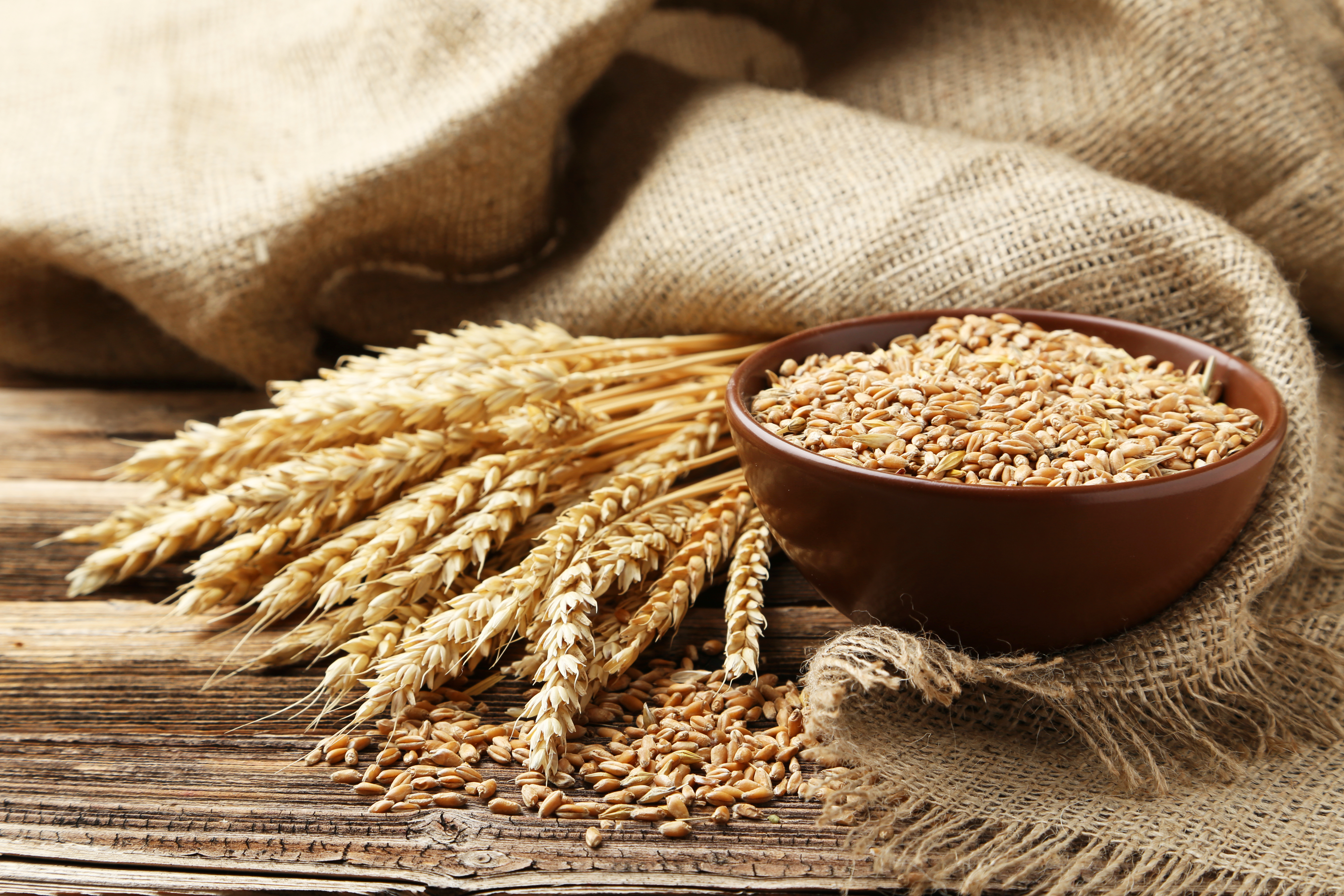Food Marketing trends have many consumers following the fads without actually understanding them. What is important for the consumer is actually to research facts before jumping on the bandwagon trends, so as to really embrace and understand the benefits. So what is all the hype about Gluten, and should you be avoiding it?
First we must understand what gluten is, and why it causes damage to the intestine for many people. Gluten is a protein specifically found in wheat, barley and rye, and is what gives it the elastic structure. Because of this elastic structure, it is usually used as a thickening agent in many recipes. Thus, any ingredients with these grains will have gluten, and yes unfortunately any foods containing these flours will have gluten! Oats do not contain gluten, however have been shown to also cause bloating and intestinal discomfort to some. What does this mean? It means that in most baked goods you will find gluten, and it may be undetectable. Most breads, bagels, crackers, cakes, beer (has malt which derives from barley), pasta, pizza, and so on, have gluten, unless they are made with gluten free flour (such as rice, potato, coconut, almond, quinoa flour, and more alternatives).
Many people have been found to have a hypersensitivity and intolerance to gluten, causing autoimmune disorders, celiac disease, gastrointestinal disorders, disorders of the small intestine and allergies. This is when someone should consult their healthcare professional and consider going gluten-free, because if these symptoms remain untreated they can result in autoimmune disorders.
So how can we detect if we have sensitivities to Gluten? The most common symptom of celiac disease may include, chronic fatigue after eating food containing gluten, abdominal bloating and gas, stomach pain, diarrhea, anemia, skin rashes, brain fog, weight loss, ulcers, aching muscles and bones, are just a few symptoms. However, you don’t need to have full blown celiac disease to be sensitive or intolerant to gluten, many people may not experience these signs right away and may be causing damage even without detecting it.
If you feel anything close to these symptoms, it would be good to take the test to see if you might have Celiac disease, and even if not detected, because it may be at a lesser degree, it would be good to eliminate Gluten from your diet and see how you feel, and if your symptoms begin fading away, then Gluten free might be the way to go!
Statistic’s show that 1% of the population of the United States is diagnosed with Celiac Disease. If diagnosed with Celiac disease this means that the immune system triggers an attack on the intestines when gluten is eating. This causes damage on the villi and then the body is unable to absorb nutrients into the bloodstream causing malnutrition and other chronic conditions.
It has not been determined however if people who do not have Celiac Disease but are sensitive to gluten and experience similar symptoms when eating gluten causes damage to the intestines.
No one said it will be easy, the hardest thing to cut is bread and delicious baked goods, however there are so many healthy alternatives that will help free you from any of these symptoms that ruin your quality of life, so its well worth it!
Many health food stores offer a great assortment of alternative flours and products that are gluten free. These are usually made of almond flour, coconut flour, potato flour, corn, and rice flour. In general, chose whole nutrient dense gluten free foods.
If you generally have allergies, it would be good to also get tested, as many people have recently discovered food allergies that include, nuts and corn.
Some studies have also found, that gluten –free diets have helped children with Autism Spectrum disorder, although the evidence is controversial, many parents have seen a difference in their children’s behavior when they modified their diet.
Be sure to read the labels and look out for hidden ingredients, and check the additives in canned foods, however check with your health care provider before changing your diet.
People following Gluten Free diets should be mindful about eating more fruits and vegetables, high quality meats and fish and gluten free grains enriched with vitamins and minerals, to avoid deficiencies.
What is important is to learn to listen to your body and how you feel after eating. If you have discomfort after eating, chances are some foods don’t agree with you. Trial and error in eliminating certain foods from your diet will result in more understanding of which foods agree with you best.
Thompson, T. (2008). The gluten-free nutrition guide. New York, NY: McGraw-Hill Education. www.amzn.com/0071545417
Dennis, M. (2010). Real life with celiac disease. Hanoi, Vietnam: AGA Press. www.amzn.com/1603560084

